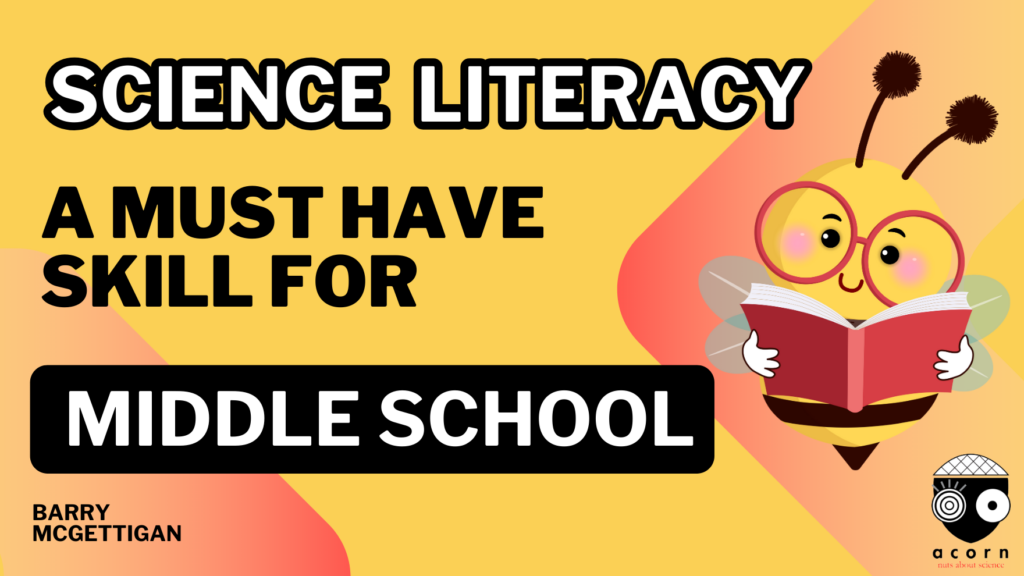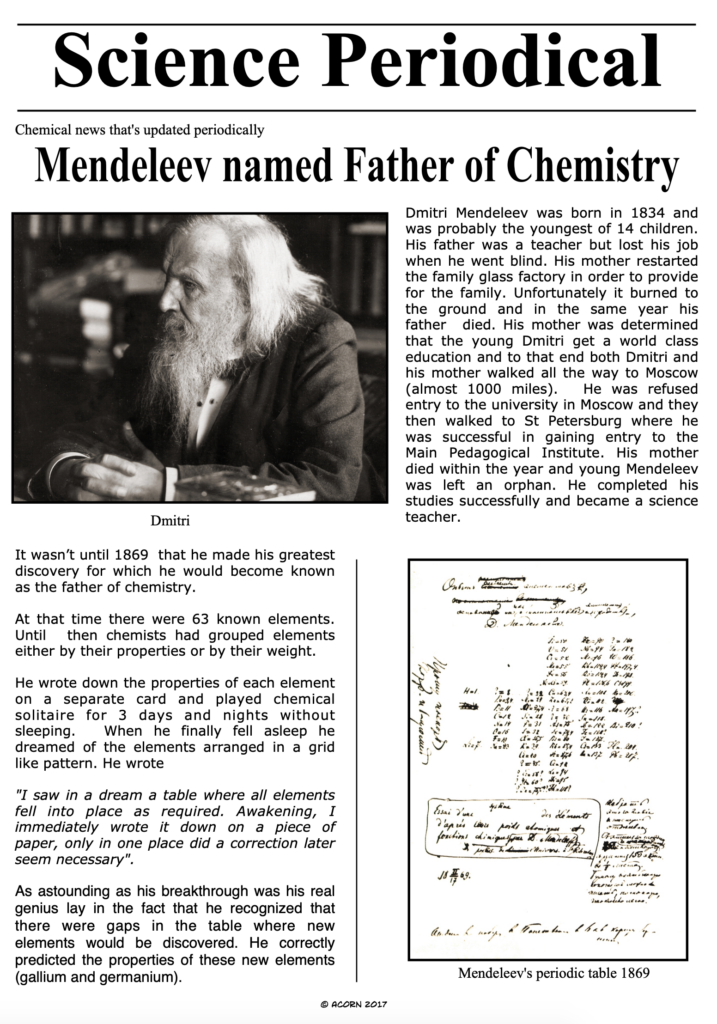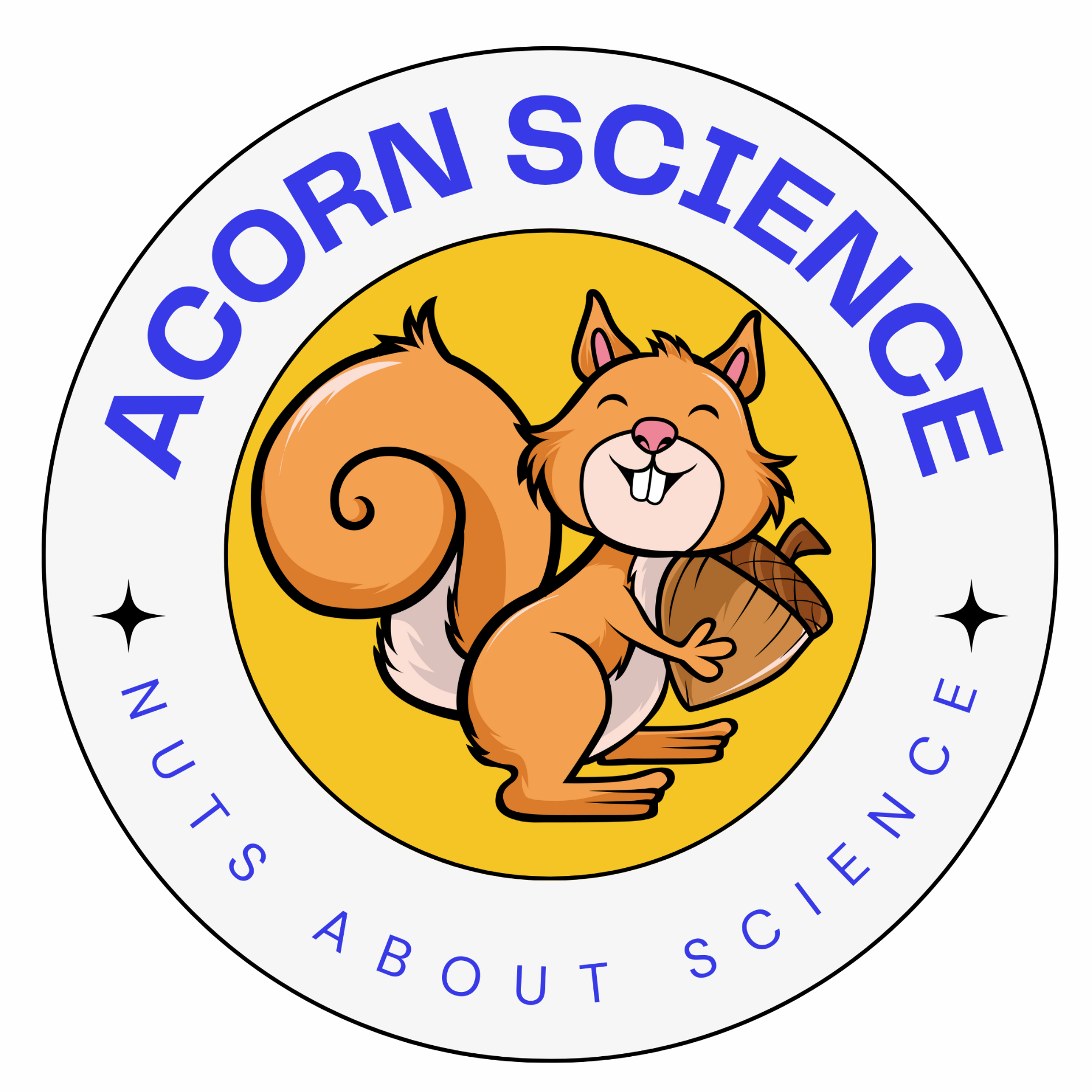As a middle school science teacher and creator of science resources, I see firsthand how important science literacy is for students. But what does it mean to be “science literate,” and why does it matter?

What is Science Literacy?
Science literacy is the ability to understand and apply scientific concepts and information. It involves being able to read, write, and communicate about science effectively. Science literacy is not just about knowing facts and figures; it’s also about being able to think critically and solve problems using scientific methods; it’s about applying scientific thinking to everyday life. Science-literate students can read a scientific article, ask critical questions, and apply what they’ve learned to solve real-world problems. In today’s world, science literacy equips students to make informed decisions, whether about climate change, health, or even technology.
Why Scientific Literacy is Important
In a rapidly changing world, scientific literacy is more important than ever. Whether it’s understanding the science behind vaccines, environmental issues, or technological advancements, students need to be able to process and evaluate the information they encounter. A lack of science literacy can leave people vulnerable to misinformation, especially in the digital age when news travels fast.
For middle school students, being science literate also builds confidence. When they understand the “why” behind scientific facts, they’re more likely to engage with the subject, participate in discussions, and take an active role in their learning. It also prepares them for higher-level science courses in high school and beyond.
Science Reading Comprehension: The Foundation of Science Literacy
One of the best ways to build science literacy is through strong science reading comprehension. Science is full of complex concepts and vocabulary, and students often struggle to make sense of what they’re reading if they don’t have the tools to break down the material.
Science reading comprehension involves skills like:
- Identifying the main ideas in a text
- Understanding cause-and-effect relationships in scientific processes
- Making connections between text and diagrams or graphs
- Analyzing and summarizing scientific arguments
By improving these skills, students can become more confident in their ability to read and understand scientific content, leading to stronger overall literacy. Science teachers can encourage this by giving students practice with science reading passages that present real-world scenarios, cutting-edge research and articles that middle schoolers love, such as vampire bats, zombie ants and animals made from glass.

How Science Reading Comprehension Worksheets Can Help
If you’re looking for a practical way to boost science reading comprehension in your classroom, science reading comprehension worksheets are a fantastic tool. These worksheets allow students to read, process, and apply scientific concepts through targeted activities.
By engaging students with science reading comprehension worksheets, you can:
- Provide structure: worksheets guide students to focus on the most important aspects of a passage.
- Reinforce key concepts that you’re doing in class: students can practice reading and understanding scientific terms in context.
- Build confidence: when students complete a worksheet successfully, it reinforces their ability to comprehend more complex scientific materials.
These worksheets can cover a wide range of topics, from earth sciences and ecosystems to physical sciences and chemistry, helping students master reading comprehension in all areas of science.
Using Science Reading Passages to Build Knowledge
Incorporating science reading passages into your lessons can also make a big difference. These passages allow students to read about real-world scientific issues, from the effects of deforestation to how scientists use technology to study space. By reading science-focused articles or case studies, students practice their comprehension skills while learning about important scientific topics.
When you choose science reading passages, look for content that:
- Relates to the current unit of study
- Introduces new vocabulary in context
- Presents questions that require critical thinking, not just fact recall
Engaging students with reading passages encourages them to become more active learners. They aren’t just absorbing information passively—they’re analyzing, interpreting, and forming opinions based on evidence. This is the essence of science literacy.
